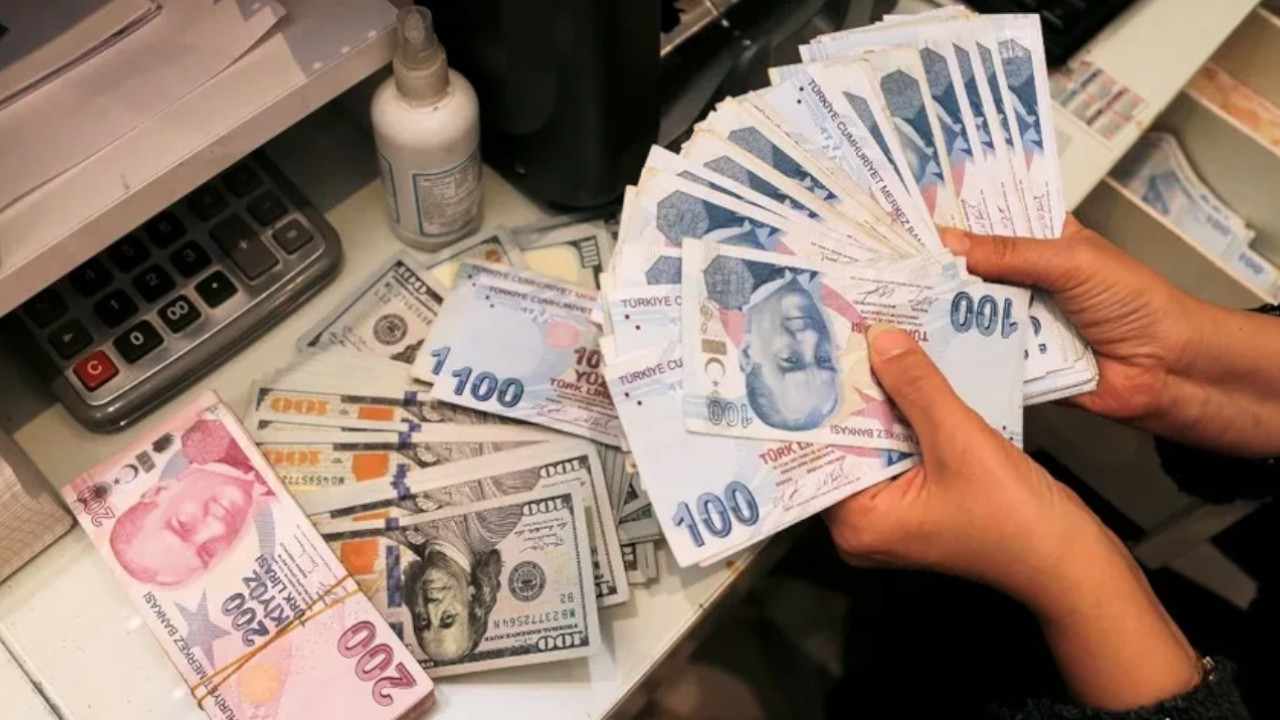Turkey's Central Bank lowers key rate 50 points
Three months after the last cut, Turkey's Central Bank slashed its key rate by 50 basis points to 8.5%. Referring to the major earthquakes that shook southeastern Turkey on Feb. 6, the bank said "it will not have a permanent impact on performance of the Turkish economy in the medium term."
Duvar English
Turkey's Central Bank on Feb. 23 lowered its policy interest rate by 50 basis points to 8.5%.
MPC Decision of 23 February 2023: One-week repo rate has been cut by 50 basis points. pic.twitter.com/dvAZSHyBwO
— CentralBankofTürkiye (@CentralBank_TR) February 23, 2023
“While the earthquake is expected to affect economic activity in the near term, it is anticipated that it will not have a permanent impact on performance of the Turkish economy in the medium term,” the bank said in a press release, referring to the 7.7 and 7.6 magnitudes of earthquakes that shook southeastern Turkey on Feb. 6.
“The Central Bank will continue to use all available instruments decisively until strong indicators point to a permanent fall in inflation and the medium-term 5 percent target is achieved in pursuit of the primary objective of price stability. The CBRT will implement Liraization Strategy in order to create an institutional basis for permanent and sustainable price stability,” it added.
In some estimations, two major earthquakes that hit Turkey could result in a loss up to 1 percent of the country's GDP for 2023.
The bank had cut the rate by 500 basis points in the four months to November, citing an economic slowdown, even as central banks around the world raced in the other direction. The bank left the interest rate unchanged in December and January.
President Recep Erdoğan's unorthodox economic programme has prioritized rate cuts to boost production, employment and investment with the aim of flipping Turkey's chronic current account deficits to a surplus.
Erdoğan has replaced several central bank chiefs and members in his drive to lower rates in the hopes it will spur economic growth. He on several occasions deemed interest rate his “biggest enemy,” vowing to pressure the central bank to lower the key interest rate further.
A previous easing cycle in 2021 sparked a currency crash that stoked the wave of inflation that peaked at a 24-year high above 85% in October. It came down to 57.68% in January, largely due to a favourable base effect.
For January, the government-run Turkish Statistical Institute (TÜİK) reported an annual inflation rate of 57.68, whereas the independent inflation group ENAG put the figure at 121.62%.

 Turkish Central Bank’s 30 billion lira earthquake donation feared to spike inflation furtherEconomy
Turkish Central Bank’s 30 billion lira earthquake donation feared to spike inflation furtherEconomy Turkey's independent academics announce annual inflation rate as 121 percentEconomy
Turkey's independent academics announce annual inflation rate as 121 percentEconomy Earthquakes could result in loss of up to 1 percent of Turkey's GDP in 2023, says EBRDEconomy
Earthquakes could result in loss of up to 1 percent of Turkey's GDP in 2023, says EBRDEconomy